Will the Merger of Sainsbury’s and Asda Lead to an Asbury’s?
Sainsbury’s-Asda Merger – what will it mean?
The announcement that Sainsbury’s and Asda plan to merge is the biggest shake-up to the British grocery landscape that we have seen in years. But what does it really mean for shoppers? And how will it affect suppliers?
After Sainsbury’s Chief Executive, Mike Coupe, was caught singing “We’re in the money” on the day of the announcement, we thought it would be fitting to cover the news of the merger with our own choice of song titles.
2 become 1 – Spice Girls
The estimated £12-15bn merger between Asda and Sainsbury’s would be a major shake up to the traditional Big Four grocery retailers in the UK.
The merged retailer would own almost a third of the British grocery market and comfortably overtake Tesco as the UK’s largest retailer. The combined revenues would be a whopping £51bn.
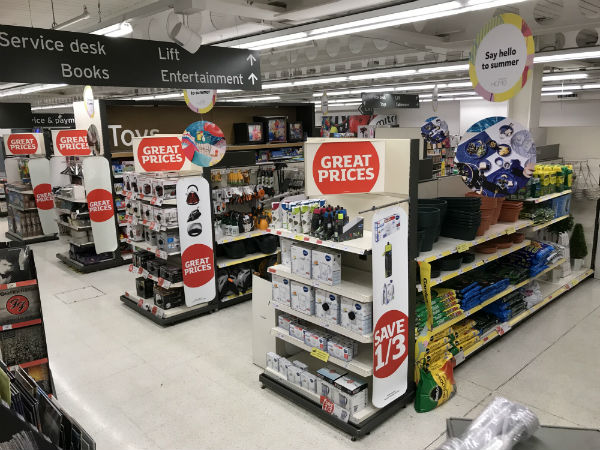
Certainly, Sainsbury’s shareholders could see the potential benefit of the merger with share prices jumping by 20 percent following the announcement.
But will a merger really be that simple to carry off?
We are family – Sister Sledge
As it stands, 360,000 people will be employed by the merged company, and Coupe has stated there will be no job losses. Though this would be extremely unusual, the merging of companies usually brings streamlining to the businesses, and cuts to employment is often part of this. Tim Roache, GMB general secretary anticipates “job losses, cuts to pay (and) terms and conditions” as a result of the merger.
There will be 2,800 stores across the UK owned by the merged group, and Coupe reports no plans for any store closures. In reality though this is extremely unlikely due to competition rules. The planned merger will spark a competition inquiry by the Competition and Markets Authority (CMA) and it is probable that a number of stores will have to go. Analysts currently estimate a minimum of 75 stores would need to be sold.
Both brand names are to be retained, though some commentators suggest it is possible that in time the Asda brand may disappear. With its focus on price, Asda has struggled the most to secure a brand positioning from the onslaught of discounters such as Aldi and Lidl.
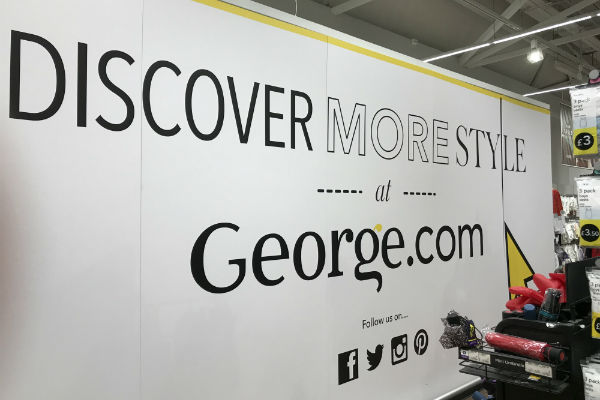
And on that point, there is some concern regarding how well the two retailer brands can sit alongside each other – Sainsbury’s with a reputation for better welfare and food quality standards, in contrast to Asda known for low pricing above all else. There is potential for the Sainsbury’s brand to be damaged from the association with Asda.
They’re not the only company on the high street with two brands, but given the public nature of the merger, they will have to work hard to maintain their brand promises and keep their businesses distinct. If they get to the point of sharing promotions or price offers then the differentiation (and some of their customers) may start to disappear.
Opposites attract – Paula Abdul
The two companies differ not only in brand ethos but in geography and demographics.
Over half of Sainsbury’s sales are London and south-east based, whilst Asda achieves most of its sales outside of this area. The geographical difference is likely to be a key defence of the merger to the CMA by Sainsbury’s and Asda.
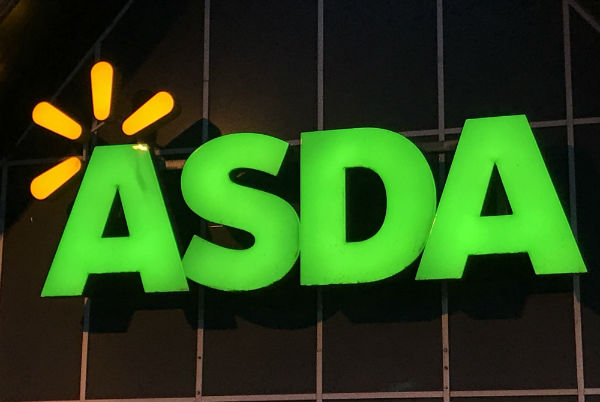
The merger provides the new company with a better spread of sales across the UK which will help its fight in the ever-competitive grocery market. Sainsbury’s attracts more affluent shoppers, whereas Asda attracts a greater number of shoppers overall. The merger of the two retailers means a better geographical spread and a diversification of shoppers for the new group which has one shared enemy – discount retailers such as Aldi and Lidl.
Under Pressure – Queen
10% price cuts on many products has been promised by Coupe as a result of the merger, pointing to the better deals the group will be able to strike.
Suppliers are worried however that they will shoulder the burden of these price cuts. Large retailer groups hold such power through their sheer size that suppliers very often must accept the cuts or face losing business.
In January this year, the Arcadia Group imposed a 2% discount on all their orders from suppliers owing to poor Christmas sales. The Forum for Private Business doesn’t see that suppliers to Sainbury’s and Asda will fare much better, predicting the merged grocer will be able to pressurise suppliers in to unfavourable terms.
Of course, lower prices are good news for shoppers, but with many smaller suppliers already being squeezed by the big retailers, and being hit by Brexit and the devaluation of the pound, any further pressure could lead to suppliers collapsing and with that, in theory, consumers could have reduced choice.
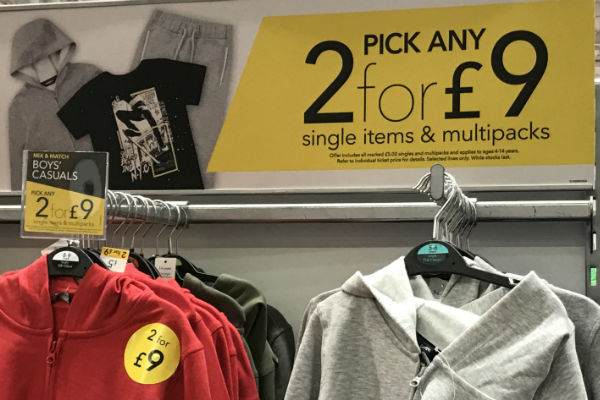
A spokesperson from Sainsbury’s did tell the BBC that suppliers would benefit from the deal. Saying, “At this stage, we are still in the early phases of our plans but we believe this is a great opportunity for suppliers as they will be able to make their supply chains more streamlined, to develop differentiated product ranges and to grow their businesses as we grow ours”.
But I am not sure this will put many supplier’s minds at rest.
Revolution – The Beatles
Ok, so maybe the merger won’t quite be revolutionary. But it will certainly shake up the UK grocery market – whether you are a shopper hoping for reduced prices, a supplier just hoping to survive, or another retailer watching nervously as a new retail giant emerges.
It will be interesting to see how it plays out and whether this strategy will really halt the storm of the discount retailers who, of late, have seemed unstoppable.
The only thing I think we can be sure of is that Coupe and Sainsbury’s will do well out of the deal. It is reported that Sainsbury’s is expected to make £500m in extra profit from the merger. I do wonder if the choice of song he was caught singing ‘We’re in the money’ was less of a slip and more, as our friend Ed Sheeran would say, ‘Thinking Out Loud’.
As an aside, Sainsbury’s and Asda both happen to use Reflex sign holders within their stores. Find out more about our range.
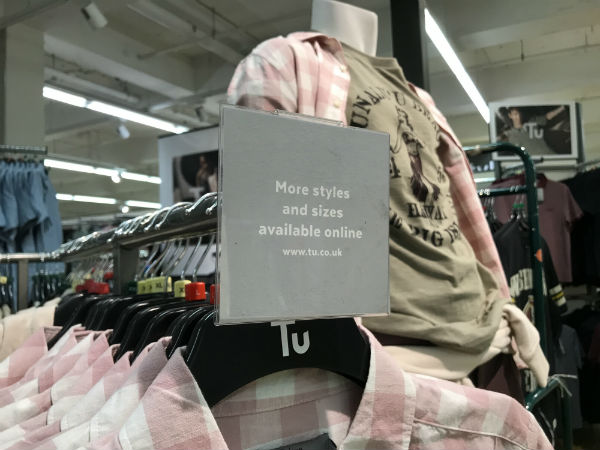
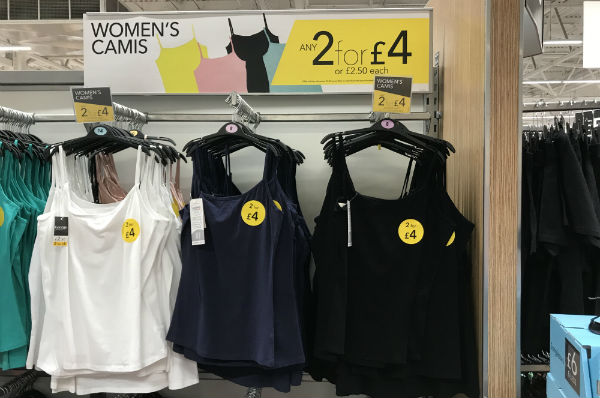
Join in and find out how Reflex Sign Holders could help your store make more sales. Why not try them out?
[fl_builder_insert_layout id=1838]